Helen DeWitt's 6 favorite books that illuminate the workings of singular minds
The author recommends works by Michael Lewis, Italo Calvino, and more

A free daily email with the biggest news stories of the day – and the best features from TheWeek.com
You are now subscribed
Your newsletter sign-up was successful
Novelist Helen DeWitt describes her new book, Some Trick, as a story collection preoccupied with 'the cussedness of talent.' Below, the author of The Last Samurai and Lightning Rods recommends books that illuminate the workings of singular minds.
The Blind Side by Michael Lewis (Norton, $16).
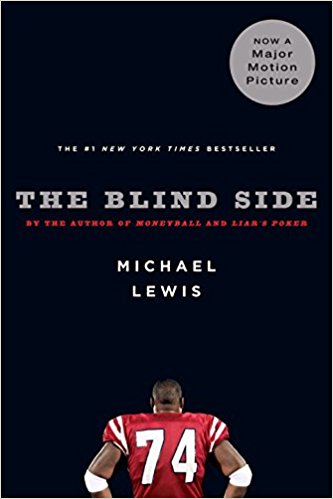
Lewis shows us that Bill Walsh, who became a Hall of Fame NFL coach, had a different way of thinking about the passing game: If the system is the star, even mediocre quarterbacks can dazzle. I had no idea football was not excruciatingly boring.
The Week
Escape your echo chamber. Get the facts behind the news, plus analysis from multiple perspectives.

Sign up for The Week's Free Newsletters
From our morning news briefing to a weekly Good News Newsletter, get the best of The Week delivered directly to your inbox.
From our morning news briefing to a weekly Good News Newsletter, get the best of The Week delivered directly to your inbox.
Against the Gods by Peter L. Bernstein (Wiley, $22).
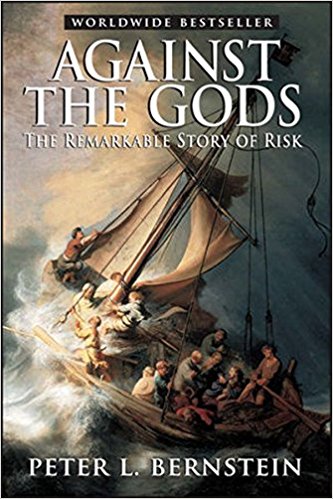
I once thought insurance was boring, too. Bernstein, in his history of probability and forecasting, argues that the foundations of insurance are revolutionary, defining the boundary between modern times and the past. The mastery of risk means that the future can be understood as something more than a whim of the gods.
The Transfiguration of the Commonplace by Arthur C. Danto (Harvard, $31).
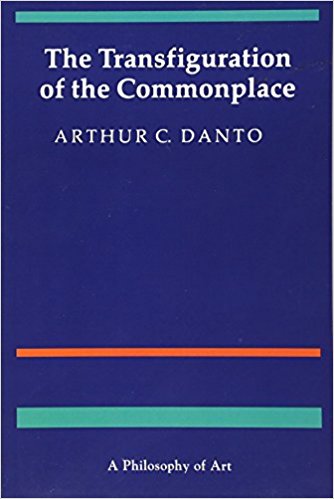
Here's Danto, the critic and philosopher, on the relationship between art and reality: "Suppose we have two marbles, one a portrait of the other, and the latter the original, the 'real' marble. But for their different histories, and but for the fact that one of them enters into the history of the other, there may be no basis for telling them apart, and so no criterion in observation and comparison for stating that one of them is real and the other not." How can we talk about a work of art without asking what it is? I love this.
A free daily email with the biggest news stories of the day – and the best features from TheWeek.com
Envisioning Information by Edward Tufte (Graphics Press, $32).
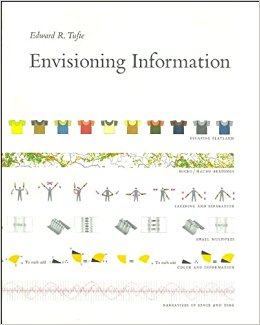
Tufte, a data scientist, transformed the way I see the world: A simple railway timetable can be a source of joy or outrage, because, as Tufte writes, "Clutter and confusion are failures of design, not attributes of information."
Invisible Cities by Italo Calvino (Harcourt Brace Jovanovich, $15).
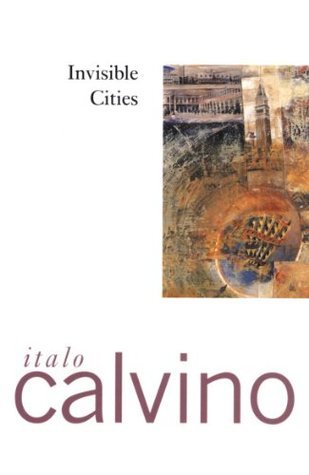
Marco Polo sits in a garden with an aging Kublai Khan and describes 55 imaginary cities, each organized on fantastic principles. Calvino's novel conjures a radically different America, an America where we could choose the social experiment that suits us best.
Riddley Walker by Russell Hoban (Indiana Univ., $18).
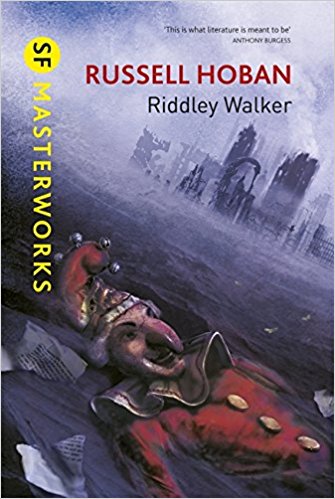
The underrated equal of T.S. Eliot's The Waste Land, Hoban's 1980 novel presents a postapocalyptic world where forgotten science is fetishized and spoken of in mythic terms.
-
 ‘States that set ambitious climate targets are already feeling the tension’
‘States that set ambitious climate targets are already feeling the tension’Instant Opinion Opinion, comment and editorials of the day
-
 Mixing up mixology: The year ahead in cocktail and bar trends
Mixing up mixology: The year ahead in cocktail and bar trendsthe week recommends It’s hojicha vs. matcha, plus a whole lot more
-
 Labor secretary’s husband barred amid assault probe
Labor secretary’s husband barred amid assault probeSpeed Read Shawn DeRemer, the husband of Labor Secretary Lori Chavez-DeRemer, has been accused of sexual assault